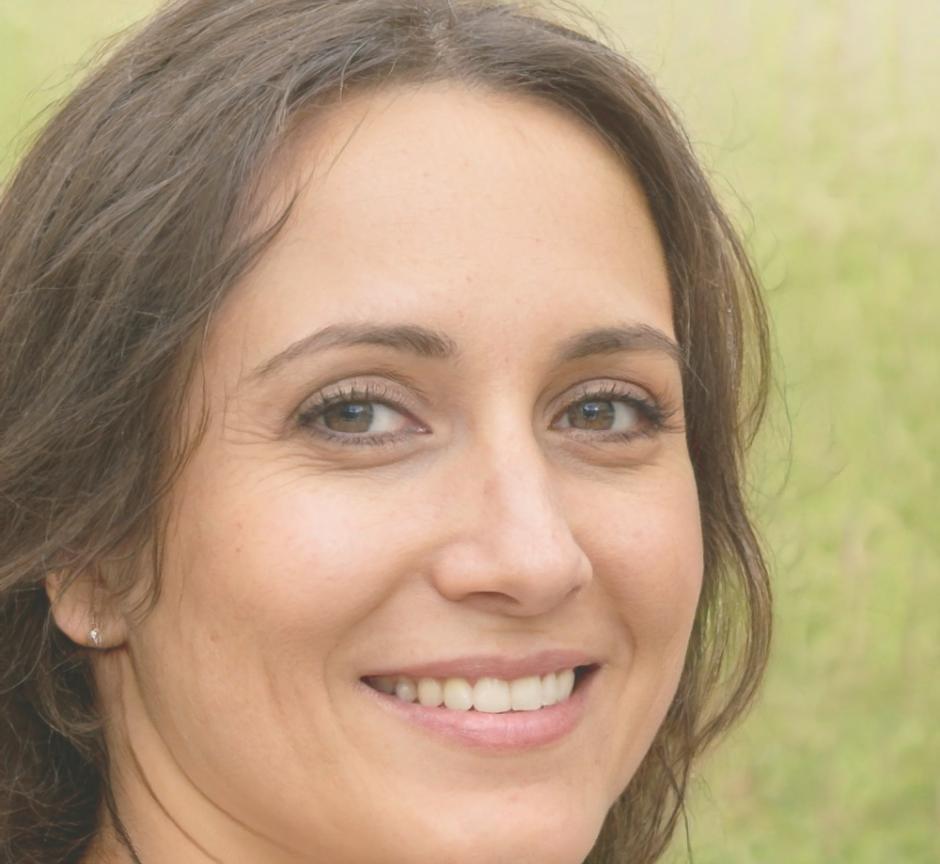Budget Planning for International Students in Thailand
Moving to Thailand for studies means dealing with a currency that behaves differently than what most forecasts show. We help international students understand real spending patterns and avoid the common traps that drain budgets in the first semester.
Start Your Budget Assessment

What Nobody Tells You About Living Costs
Most universities give you an estimated monthly budget. And honestly? It's usually optimistic. The issue isn't that they're wrong—it's that spending habits vary wildly between students who cook at home versus those who don't.
We've analyzed spending data from over 340 international students across Bangkok, Chiang Mai, and Phuket throughout 2024 and early 2025. The variance is huge. Some students manage on 18,000 baht monthly. Others burn through 45,000 and still feel stretched.
Location matters more than you'd think. Living near a university campus in Bangkok costs about 30% more than similar accommodation in Chiang Mai. But transportation savings in Bangkok can offset some of that difference if you choose strategically.
Accommodation Reality
Studio apartments near universities range from 8,000 to 22,000 baht. Shared housing can drop that to 4,500-7,000 baht but comes with compromises on study space and privacy.
Food Expenses
Street food keeps costs low at 100-150 baht per meal. Campus cafeterias run 80-120 baht. Western food or delivery apps? That's 250-400 baht per meal.
Transportation Patterns
BTS/MRT passes cost 1,400-2,800 baht monthly. Motorbike rentals run 2,500-3,500 monthly. Many students cycle but Bangkok heat makes this challenging for long distances.
Hidden Costs
Visa extensions, health insurance renewals, and textbooks add unexpected spikes. Budget an extra 15,000-25,000 baht per semester for these administrative requirements.
Your First Year Timeline
Starting studies in Thailand brings specific financial milestones. Here's what to expect based on typical academic calendars for programs beginning in autumn 2025.
Pre-Arrival Preparation
Before you land in Bangkok, you'll need to arrange accommodation deposits (typically one month rent plus one month security deposit) and have proof of funds for your visa. Most students need to show 500,000 baht in available funds or equivalent scholarship documentation.
First Month Expenses
This is your heaviest spending period. Between setting up your room, buying essentials, getting a local SIM card, and paying initial school fees, budget about 60,000-85,000 baht beyond your first month's rent. It's more than you think because of all the small purchases that add up.
Finding Your Rhythm
By your third month, you'll have a better sense of actual costs. Most students realize their initial budget was either too conservative or too loose. This is when we recommend doing your first serious spending review and adjusting allocations.
Mid-Year Assessment
End of first semester brings visa renewal considerations and potential travel during the break. If you're planning to stay in Thailand over the December-January period, costs drop significantly. If flying home, factor in both travel and the cost of maintaining your Thai accommodation while away.
Financial Management Support
We offer specific tools designed for the unique challenges international students face when managing finances across currencies and changing circumstances.
Expense Tracking Templates
Pre-configured spreadsheets that account for typical Thai student expenses, multiple currency conversions, and semester-based budgeting cycles. Includes comparison data from similar student profiles.
Currency Planning Tools
Analysis of optimal timing for currency exchanges based on historical patterns and upcoming tuition payment dates. Helps minimize losses from exchange rate fluctuations throughout the academic year.
Benchmark Comparisons
See how your spending compares to other international students in similar programs and locations. Identifies categories where you might be overspending relative to typical patterns.
Monthly Check-ins
Optional monthly budget reviews via video call to discuss unexpected expenses, upcoming costs, and adjustment strategies. Particularly useful during your first two semesters as you establish patterns.
Banking Setup Guidance
Step-by-step assistance for opening Thai bank accounts, understanding local banking fees, and setting up efficient transfer methods from your home country. We don't sell banking products—just help you navigate the process.
Resource Library Access
Detailed guides covering part-time work regulations for student visas, tax obligations, emergency fund recommendations, and strategies for managing unexpected expenses during your studies.

Meet Alina
International Student Financial AdvisorAlina moved to Bangkok from Poland in 2019 for her master's program. She learned budget management the hard way—running out of funds halfway through her first semester because she hadn't anticipated the actual cost of textbooks and lab fees.
After restructuring her budget and finding more efficient spending patterns, she started helping other international students avoid similar mistakes. Now she works with us specifically on cases involving European and North American students transitioning to Thai cost structures.
She's particularly skilled at helping students understand the difference between necessary and optional expenses in a new cultural context, and at identifying which "savings tips" actually work versus those that sound good but prove impractical.